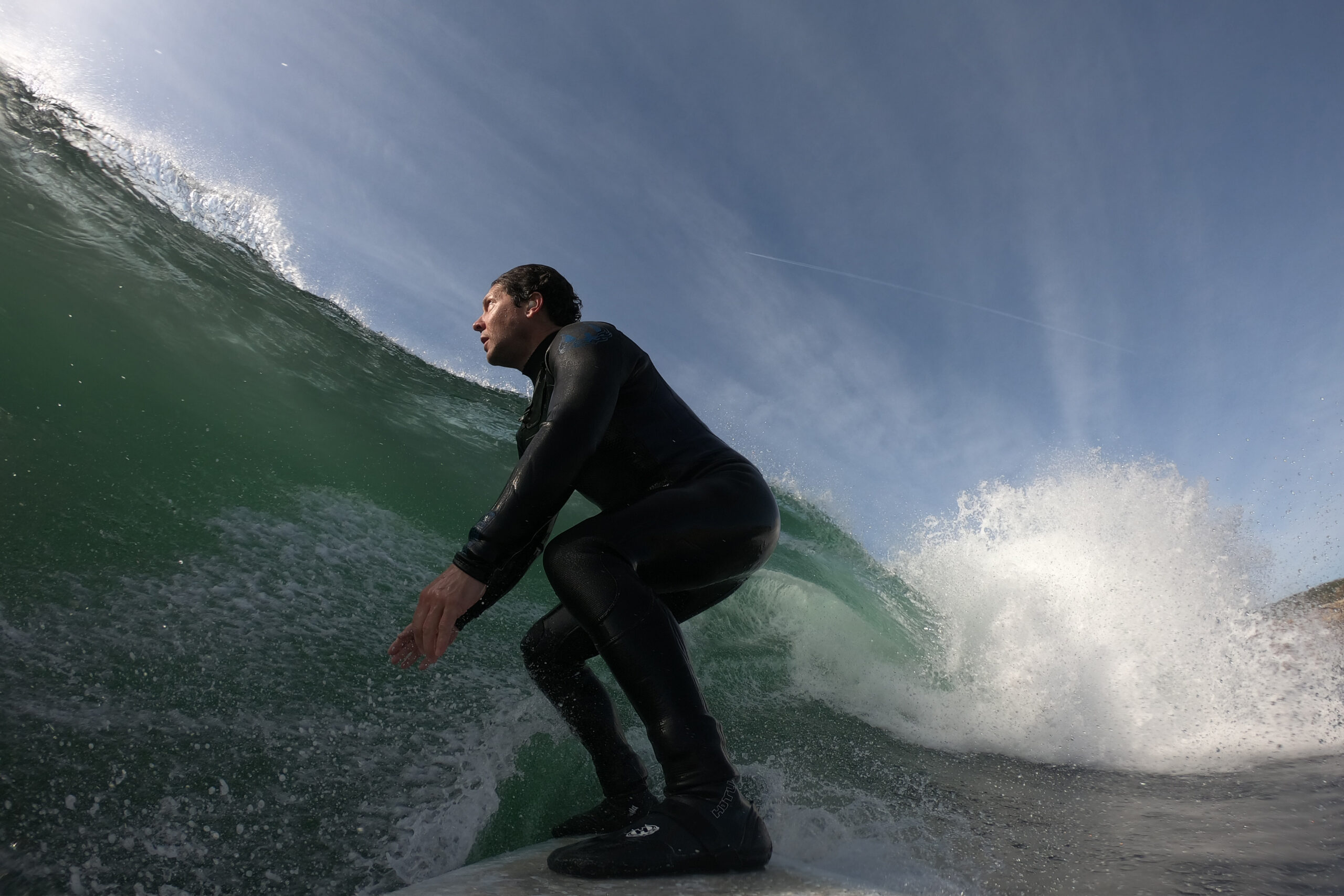Forget Dry January. Clifford Stephan wants to help people take extended breaks from alcohol—like booze-abstaining venture capitalist Marc Andreessen or the new wave of temperance-society techies—if they so desire.
The result is not a booze cruise but a “Booze Vacation,” the name and concept behind a San Jose-based health and wellness company that provides resources and coaching for taking multi-month hiatuses from drinking.
Stephan is the company’s founder and self-proclaimed “chief vacation officer.” His programming—aimed at men in their 30s, 40s and 50s who seem to have it all but are starting to recognize that alcohol is taking a toll on their health—stems from Stephan’s own experiences with drinking.
@cliffordstephan1 I drank alcohol for 30 years here is what I learned #socialdrinking #boozevacation #healthier #menshealthtips #stopdrinking #quitdrinking #guys
♬ cantina band ~ star wars lofi – Closed on Sunday
After years of working hard and playing hard in high school, college and corporate America, Stephan, also the head of a compensation consulting firm for emerging tech companies in the Bay Area, said he begrudgingly took a one-year break from alcohol at age 46. He discovered the benefits of putting the bottle down far outweighed the rewards he associated with drinking. He says he cured his sleep apnea and health issues he had struggled with for years—from weight gain to a severe form of acid reflux—improved.
“Once I took a break from drinking, the lights went on,” Stephan said. He realized it wasn’t enough to take just one month off from alcohol, as many do during the first 31 days of the year. To yield the full benefits of not drinking, one had to abstain for at least three months, if not six, or even a year. Stephan likens the break to a hard reset for the mind and body.
@cliffordstephan1 Alcohol effects how you look and feel, #stopdrinking #quitdrinking #alcoholfree #guys #boozevacation #socialdrinking #beautiful #happier
♬ Пыяла – АИГЕЛ
“Scientifically, you need at least two to six months for your neurocircuitry to kind of reset,” said Stephan, who holds a degree in nutritional science from Cal Poly San Luis Obispo. “It’s rebooting the operating system around alcohol.”
While Stephan ultimately found the no-booze cost-benefit analysis to be a no-brainer, he found it challenging to broach the subject with his peers—mainly successful male white-collar professionals, business owners, fathers and husbands. Stephan says that many men might feel a bit squeamish with talking about alcohol consumption frankly.
@cliffordstephan1 4 benefits of taking a break from alcohol #boozevacation #quitdrinking #stopdrinking #alcohol #socialdrinking #healthier #happier #menshealth #beautytips #agewell
♬ Sobran Motivos – Conjunto Rienda Real & La Pocima Norteña
“It’s really tricky to have that conversation,” Stephan said. “[A] guy would never say, ‘Hey, you should take a break.’ It’s quite taboo. So I’m kind of the one asshole that has.”
To get the word out, Stephan has packaged his system of drying out for a few months to one year with fun and relatable copy that likens taking a break from boozing to a vacation and down-to-earth, yet Zen TikToks that tout the benefits of giving your liver a rest, like clearer skin, better sleep and even, erm, better performance in the bedroom.
Rather than lecturing clients on the perils of addiction or asking them to consider the fact that they might be shortening their lifespans, the avid surfer and dude’s dude has found success by making appeals to his clients’ desires to look and feel better and deploying some of the tactics friends often use to pressure one another into a round of shots.
@cliffordstephan1 Alcohol negatively effects men’s sexual health, and lowers libido, drive and energy#men #alcoholfree #alcohol #dad #health #guys #fitness
♬ Ring of Fire – Johnny Cash
“How do guys relate? You talk shit,” Stephan said. “And so, you talk shit, and you hit under the belt.”
Stephan notes that his program isn’t for alcoholics or problem drinkers—participants aren’t punished for slipping up and can return to drinking afterward if they so desire—but he does hope that his Booze Vacation program can help people reevaluate their relationship with alcohol and question how booze has saturated our society—from the office happy hours to ye olde watering hole.
“It’s about really questioning ‘Is alcohol really benefiting me?’” Stephan said. “You have to question that belief, and then see for yourself.”
